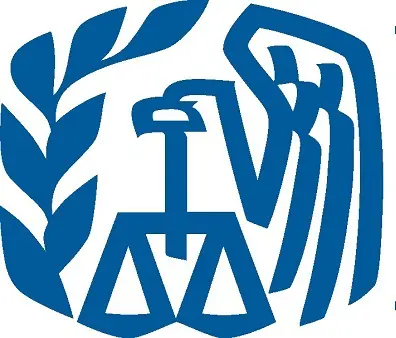The Internal Revenue Service (IRS) of the United States released a statement dated January 22, 2024, reminding all taxpayers that they must answer a question about their digital assets-related income when filing their 2023 tax returns, as they did during the previous year.
This additional question is not unique to taxpayers with cryptocurrency holdings; every American filing their taxes with the IRS must now answer Yes or No to confirm if they carried out transactions involving cryptocurrencies or other classes of digital assets in 2023.
The new requirement comes in the wake of concerted efforts to cover financial transactions involving cryptocurrencies and other classes of digital currencies. Recall the IRS recently came under fire for suggesting businesses must report crypto transactions above $10,000, a decision that it rescinded temporarily after public backlash.
The American Taxman Adds New Digital Asset Questions
The IRS will now add a new question inquiring about digital assets on four extra forms in addition to the three it already exists on. Forms already carrying the question will also be updated to change the wording.
The question appears on Forms 1040, the Individual Income Tax Return; 1040-SR, the Tax Return for Seniors; and 1040-NR, the Nonresident Alien Income Tax Return. In addition to those, Forms 1041, the Income Tax Return for Estates and Trusts; 1065, the Return of Partnership Income; 1120, the Corporation Income Tax Return; and 1120-S, the Income Tax Return for an S Corporation will also now carry the digital asset question.
The question, according to the IRS statement, will read, “At any time during 2023, did you: (a) receive (as a reward, award or payment for property or services); or (b) sell, exchange, or otherwise dispose of a digital asset (or a financial interest in a digital asset)?”
All taxpayers in the United States will be required to answer yes or no to the question, regardless of whether or not they sent or received cryptocurrency payments.
When to Answer Yes or No
The statement included a guide from the IRS to help taxpayers decide whether they should answer yes or no to the question, and it is not as clear cut as it seems. It is possible to own assets in cryptocurrency or other digital stores of value and still answer no to the question.
According to the IRS, taxpayers should only answer yes if they received their digital assets as payment for a service provided, as a result of a reward or award, due to mining or staking, or from a hard fork. Users with digital assets transferred to others as payment for goods or services or traded for another digital asset must also answer yes to the question.
In short, taxpayers who have earned or received rewards in cryptocurrency tokens or those who sold or paid for a physical or digital service in cryptocurrency or some other digital assets must answer yes to the new IRS question.
On the other hand, Americans holding assets in a wallet or account without earning more or transferring their existing assets to another account or wallet they do not own should (expectedly) answer no to the question. Similarly, Americans who held no digital assets throughout 2023 should (also) tick the No box and complete their forms as usual.
What Are the Implications?
Taxpayers ticking Yes on the digital asset question must report the earnings or gift using relevant IRS forms and may have to pay the applicable taxes on their earnings. There is currently no framework (in place) for taxing crypto income, so taxpayers will likely have to file their earnings as regular fiat income.
The IRS stepping up its cryptocurrency game is a good indicator of what the US government thinks about cryptocurrency. A few years ago, no government agency cared about digital assets or wallets, and now the IRS is trying to track and tax you based on how many Bitcoins you earned or sold.
Not only will this move lend more legitimacy to cryptocurrencies and other digital asset classes in the United States, but it also incentivizes the government to approve cryptocurrency-based innovations like spot Ethereum ETFs since it is clear that there is something to gain.








